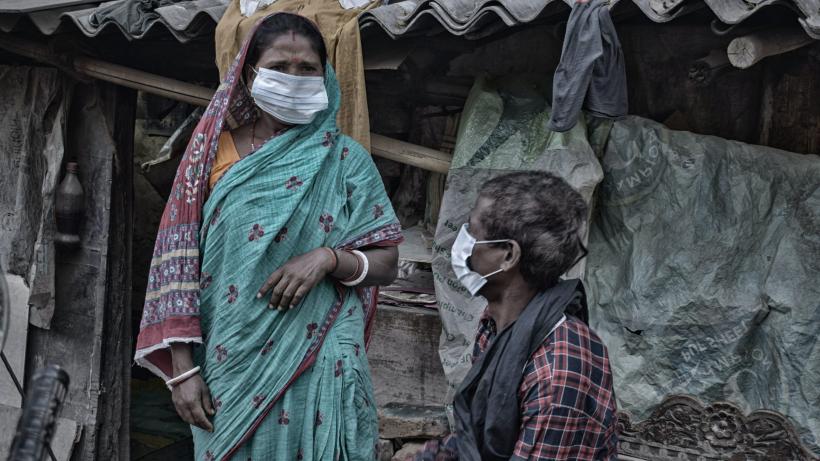
COVID-19 in slum communities of Patna and Bengaluru: Economic versus health impact
-
Krishna-et-al-March-2021-Policy-brief.pdf
PDF document • 614.08 KB
- This study examines the health and economic effects of the COVID-19 pandemic and its associated lockdowns. We combine extensive baseline survey data (from 2016) with repeated phone interviews conducted July-November 2020 with 120 key informants in 20 slums each in Bengaluru and Patna.
- Our team has been studying slum communities in India for more than a decade. Initially identified through a combination of government lists, NGO sources, and satellite imagery, these communities are often beyond the reach of official public support.
- As of November 2020, the communities had been spared the harshest health effects of the pandemic. Few deaths were reported in any slums, and the limited reported mortality was largely clustered in six Bengaluru slums. Similarly, severe infection – evidenced by residents seeking hospitalisation or home isolation – was rare.
- On the other hand, virtually every community suffered from deep and long-lasting shocks to its economic wellbeing. Primary earners lost jobs and incomes and the increase in debts threatens to plunge households deeper into poverty. Meanwhile, large-scale asset liquidation has pushed households closer to persistent poverty.
- Policy actions are needed to alleviate suffering and avert similar consequences in the future. Immediate regular aid will help families struggling to put food on the table, while strengthening job security laws and benefits provisions will reduce informality. Investing in skills training and educational opportunities will help slum residents break the cycle of poverty.



